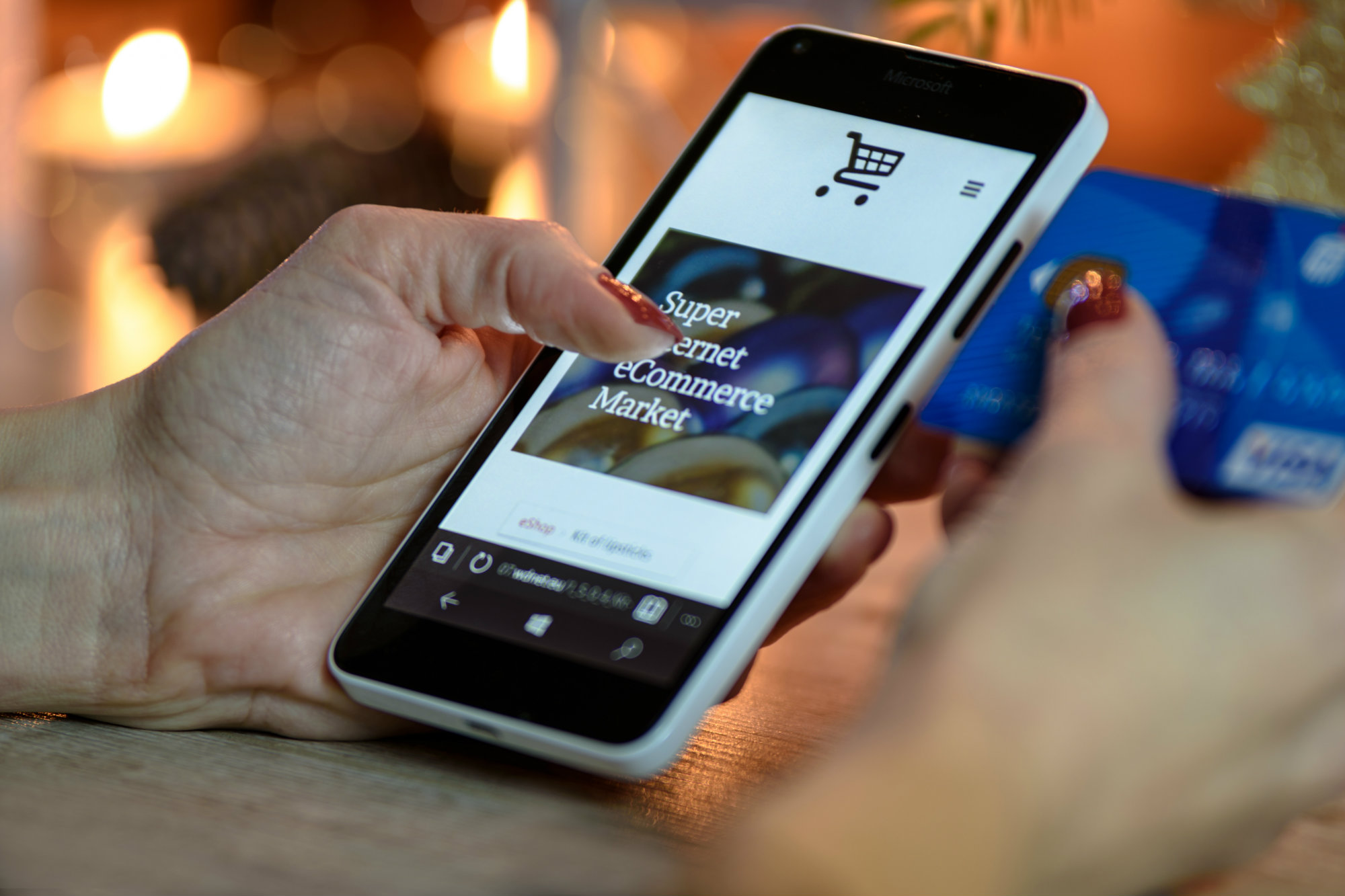In a move some find ironic, Amazon was given a patent for technology that could prevent consumers from performing online price comparisons inside brick and mortar stores.
The “Physical Store Online Shopping Control” patent was originally filed in 2012. It describes a system where retailers can identify when shoppers are using their smartphones to compare prices, using the store’s Wi-Fi system.
The store could respond in myriad ways — offering coupons to the shopper for the item he or she is looking for, redirecting the customer to a website related to the physical store, sending a sales associate to assist the customer, or just flat-out block access to a competitor’s site.
However, customers would be able to circumnavigate the technology by using their own cell phone data instead of store Wi-Fi.
Pool and spa retailers have responded to Amazon’s patent news with mixed emotions.
“I find it hilarious that they developed something to combat the trend they’ve created,” said Joseph Cimino, president of Dolphin Pool Supply in Ronkonkoma, N.Y.
He has had customers who not only use their phones to perform price comparisons in his store, but also call the store from their homes to see if something is in stock. They then ask why the prices are higher than Amazon, he said.
Some retailers believe the patent will backfire. “What does that really accomplish, other than to annoy your potential customers?” said Don Riling, president of Olympic Hot Tub in Seattle. “That [is an example of] Amazon not fully understanding a customer who looks for a good in-store experience vs. one who would be looking for an entirely different customer experience online.”
In-store price comparisons have marked a new era in retail culture. “We get customers in our store who use their phones to check the internet and even make multiple calls to other stores, while I am standing there, to check competitors’ prices,” said Zac Nicklas, president of The Pool Boys in League City, La. “In my opinion it’s a little rude, but overall I am OK with it.”
Nicklas reports that smartphone comparison shopping has even helped him make sales. “Generally, they find that … we are competitive and in some cases cheaper, and it leads to a sale.”
To deal with cell-phone comparison shoppers, however, Nicklas’ staff has had to boost their sales tactics. It takes quick thinking to convert these sales, and Nicklas now trains his employees to deal with these specific situations.



